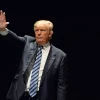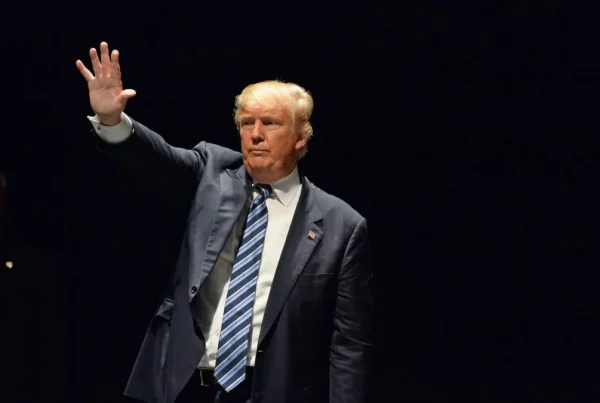Leung Fung Yee, CEO of the Securities and Futures Commission of Hong Kong (SFC), believes that including virtual asset service providers in the regulatory system is necessary for embracing crypto innovation and building market trust.
During an executive dinner in Bangkok, organized by the Hong Kong Economic and Trade Office, the Key Enterprise Office, and InvestHK, Leung Fung Yee spoke about the challenges the crypto market has faced in the past year.
She emphasized that a few crypto-related businesses have defaulted or gone bankrupt, which poses risks to the entire industry.
Leung Fung-yee, chief executive of the Hong Kong Securities Regulatory Commission, said that the goal is not to make Hong Kong a cryptocurrency trading hub, but also recognizes that crypto trading is an important part of the virtual asset ecosystem. https://t.co/3qzPV5wnjF
— Wu Blockchain (@WuBlockchain) June 24, 2023
Leung emphasized the importance of regulating virtual asset service providers to address concerns and restore investor confidence in the crypto market. In her view, this will help embrace innovation and build market trust.
Hong Kong not aspiring to be crypto trading hub
The SFC CEO noted that Hong Kong’s new licensing regime for virtual asset service providers, which recently came into effect, offers comprehensive coverage of all public interactions with crypto assets. Its primary objective is to safeguard investors while considering the risks faced by financial institutions.
However, while recognizing the importance of crypto trading within the virtual asset ecosystem, Leung clarified that Hong Kong does not aspire to become a crypto trading hub.
She expressed Hong Kong’s openness to relevant technologies applied to financial services, such as bond tokenization and investment funds.
Additionally, she acknowledged that Hong Kong still has progress to make in establishing a robust crypto ecosystem, expressing confidence that the convergence of the virtual asset fintech community in the city will accelerate its development.
Since the bankruptcy of FTX, jurisdictions that previously welcomed crypto assets have tightened regulations, with some of them adopting enforcement as a regulatory approach.
Leung contrasted that with Hong Kong’s oversight of virtual assets, which she stated is characterized by transparency, consistency, and predictability.
She further emphasized that the introduction of the new licensing regime exemplifies the “one country, two systems” principle, as mainland China continues to prohibit cryptocurrency trading.






